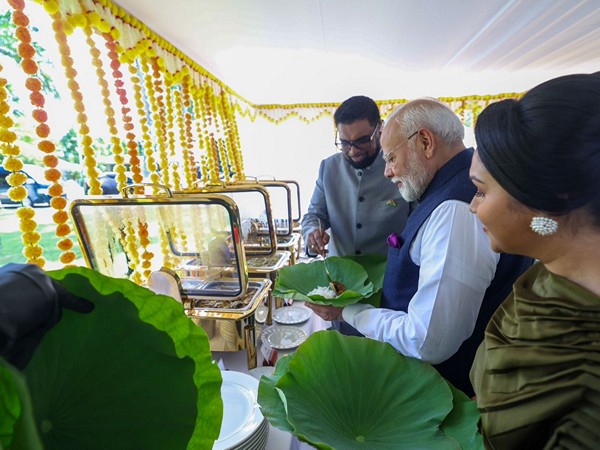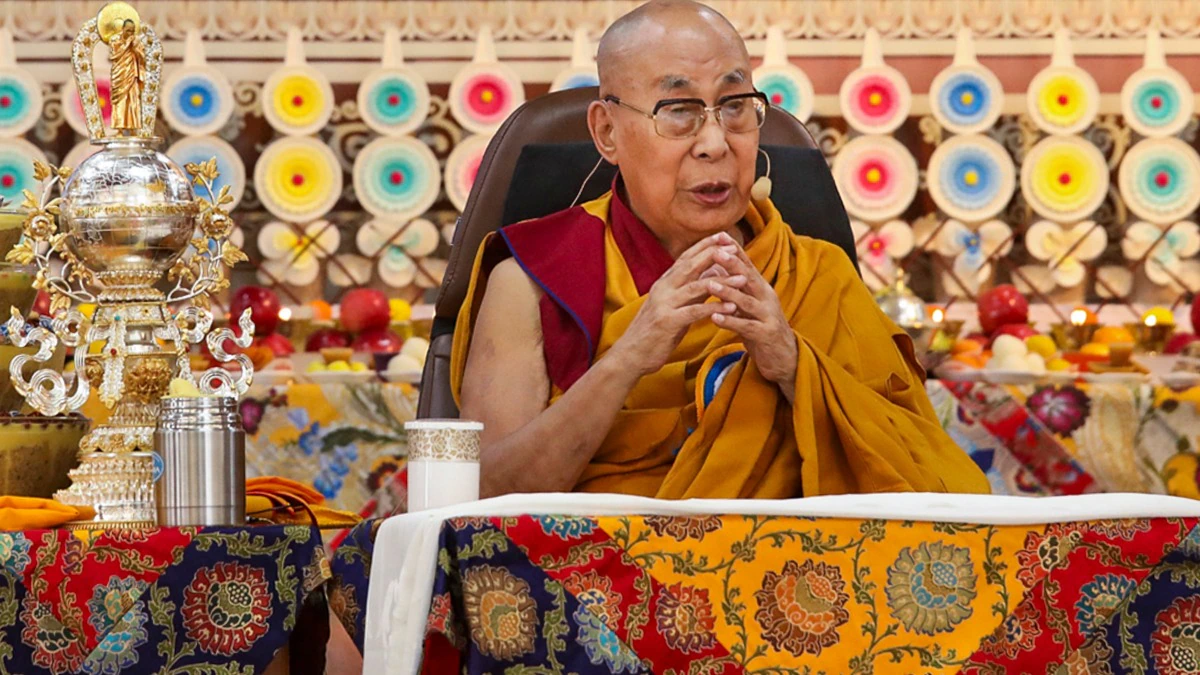 Image Source: ANI News
Image Source: ANI News
On his historic trip to Trinidad and Tobago, Prime Minister Narendra Modi was served dinner over a Sohari leaf, an act replete with cultural value and infused with Indo-Caribbean culture. Served by Trinidad & Tobago Prime Minister Kamla Persad-Bissessar, the dinner celebrated the close relationship between the two nations and honored the traditions of the Indian diaspora.
The Sohari leaf from the Calathea lutea plant (or bijao) is more than a natural plate. In Bhojpuri culture, "Sohari" means "food of the gods," and the leaf has been utilized for religious ceremony, weddings, and community feasts across Trinidad. For Indo-Trinidadians—descendants of indentured laborers from Bihar and Uttar Pradesh—the tradition is a cherished link to home.
Cultural Significance of the Sohari Leaf
-
Botanical Origin: Bred from the Calathea lutea plant, whose geographical home is in Central America and the Caribbean.
-
Traditional Use: Used to host full meals—rice, channa, curries, and desserts—during Hindu festivals like Diwali and communal gatherings.
-
Symbolism: Represents purity, greenness, and respect; originally used to hold offerings to be offered to priests and gods.
-
Diaspora Identity: For Indo-Trinidadians, eating on a Sohari leaf is an evolving tradition that keeps them Indian.
A Diplomatic Gesture with Deep Roots
PM Modi’s choice to dine on the Sohari leaf was more than ceremonial—it was a tribute to the shared cultural and spiritual legacy between India and the Caribbean. He also presented a replica of the Ram Mandir and holy water from the Saryu River and Mahakumbh in Prayagraj, further deepening the symbolic exchange.
The Sohari leaf is of enormous cultural importance to the Trinidad & Tobago people, particularly those of Indian origin," PM Modi posted on X (formerly Twitter). "It's a lovely reminder of our common heritage."
Sources: Economic Times, MSN News, PM India, LiveMint
Advertisement
Advertisement






